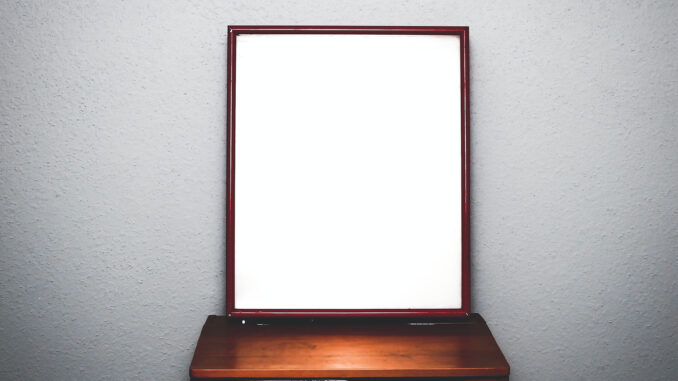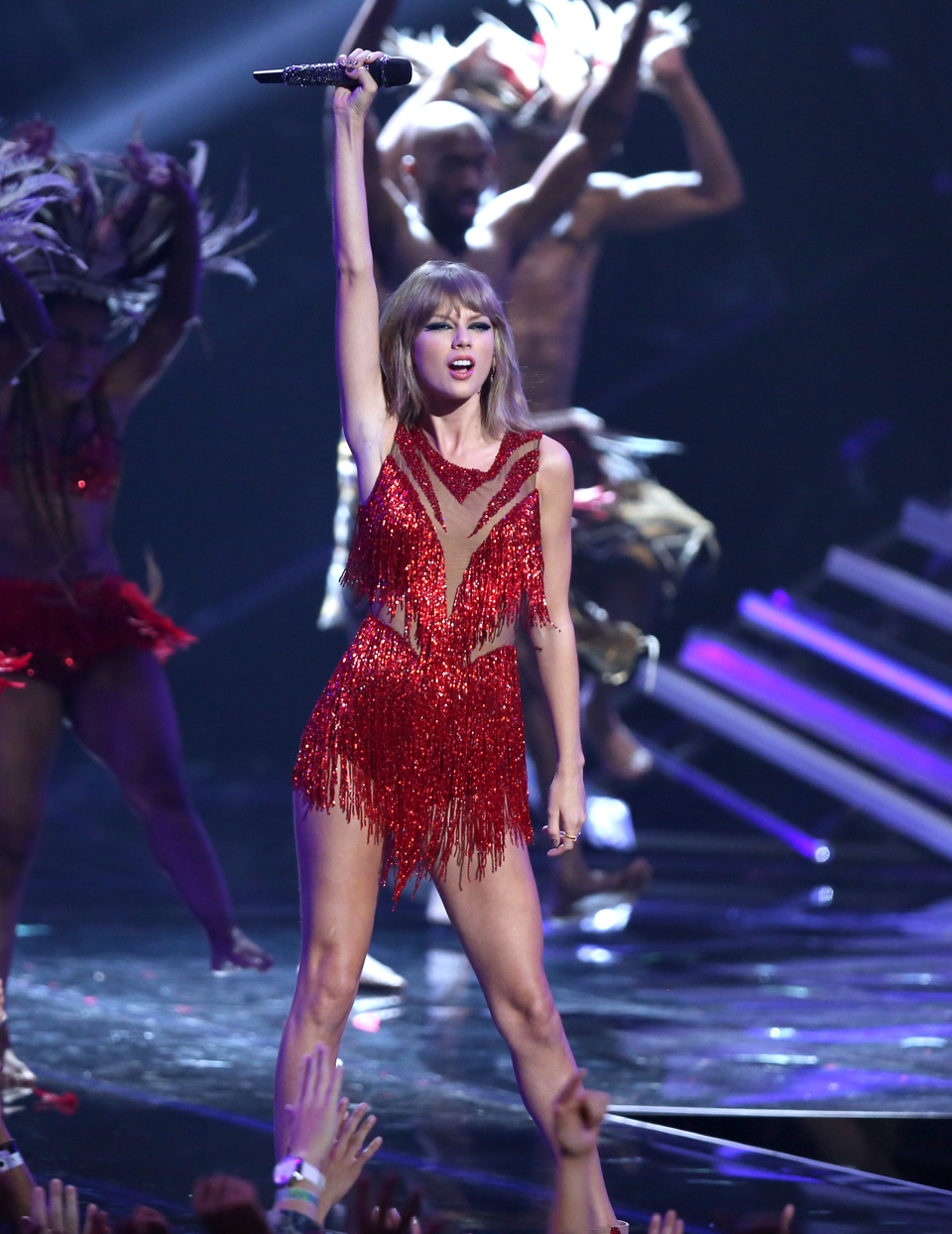
Jordyn Rose | Staff Columnist
Sept. 2, 2021
As women, we have been dropped into a society that has praised male validation and the submissiveness of women since the beginning of time. Now, our generation and this new wave of feminism are pushing back on those standards, advocating for equality and for the better treatment of women from men and society.
Specifically, listening to catcalls has become somewhat of a normalized aspect of being a woman. Catcalling can be seen in the form of a yell, whisper or even a gesture or a touch. Feminists are now pushing back on the act commonly asserted by men, more than ever, deeming catcalling as morally incorrect and creepy — making women feel uncomfortable and objectified.
However, not everyone views catcalling in a negative light. According to a 2014 poll done by today.yougov.com, 72% of Americans say that catcalling is never appropriate, 24% of Americans aren’t sure whether catcalls are a compliment or not and 20% of Americans view catcalls as compliments.
Although the majority of Americans do not find catcalling appropriate and complimentary, quite a few would possibly beg to differ. Why wouldn’t all women find men sexualizing them gross, especially feminists?
As a feminist, I asked myself this question, appalled by how one could find a man screaming, “Hey gorgeous, can I get a smile?” across the road in the middle of a city to be appealing.
Feminism is, at its core, a glimpse of hope for women and a movement that propels women’s rights forward.
But, we must acknowledge the value society has placed on male validation. Sure, this validation used to be more extreme decades ago when women were domesticated and could not do anything without a man’s approval and dictatorship, but how much have times really changed? How many women still believe they need to dress and look a certain way in order to be attractive for men?
Many women would beg to differ as they dress and wear makeup for themselves.
I agree with the notion; I wear what I want to wear and look a certain way so that I feel good. But, there is an underlying question when I do choose my clothes some days or for certain occasions: how will I be perceived?
And stemming from these questions, I unconsciously plan my outfit around male validation.
Looking back at how confused I was on how anyone could even slightly enjoy being sexualized, I begin to understand where the 20% of Americans are coming from.
Some women do not have any significant male figures in their life: no man to validate who they are and what they look like, as society has rooted that need within us. They may crave this aspect of male validation even more due to their extreme lack of it — leading to the concept of being catcalled seemingly appealing, flattering or fulfilling.
I, being one of these women without a complimentary male figure in my life, sympathize with these women. I look back at my own experience with catcalling and how it makes me feel: gross, appalled, objectified, uncomfortable…seen?
I am conflicted about how I could, deep down, feel some sort of positive feeling towards catcalling when I hate the feeling of being objectified and belittled to what a man thinks of my looks.
The act has hurt so many women and has contributed to the assertion of power men feel over women’s bodies, so why do I feel this way? Why did I get somewhat jealous over the fact that my friend was catcalled by our own school’s football team and I wasn’t when I walked by?
Many women, even other feminists, may be feeling the same way I realized I feel by looking back at my experience: conflicted.
Even though feminists and society should advocate against catcalling along with other acts of harassment, we should not blame women for feeling some sort of positive feeling towards these sayings or acts carried out by men.
We should blame the society in which women have been seen as insubordinate and inferior to men in the past, and even today seen with sexism in the workplace.
Moreover, we must relinquish the thought that women aren’t stronger, smarter, more athletic, etc. than men and the assumption that women need help lifting heavy things.
Examples of sexism such as these could go on and fill up the rest of this page and beyond, but I digress. The work is not done with the equality and better treatment of women in all aspects of life, along with the rooting out of society’s deep penetrated value of male validation.
To the women reading this: you are worth more than man’s perception of you; you are independent and strong. And do not feel like a terrible person if you, too, feel somewhat seen by catcalling; it’s not your fault, you were born into a society where catcalling is normalized and male validation is still praised subtly in the sexist aspects of America.
If anything, that feeling is normal.




